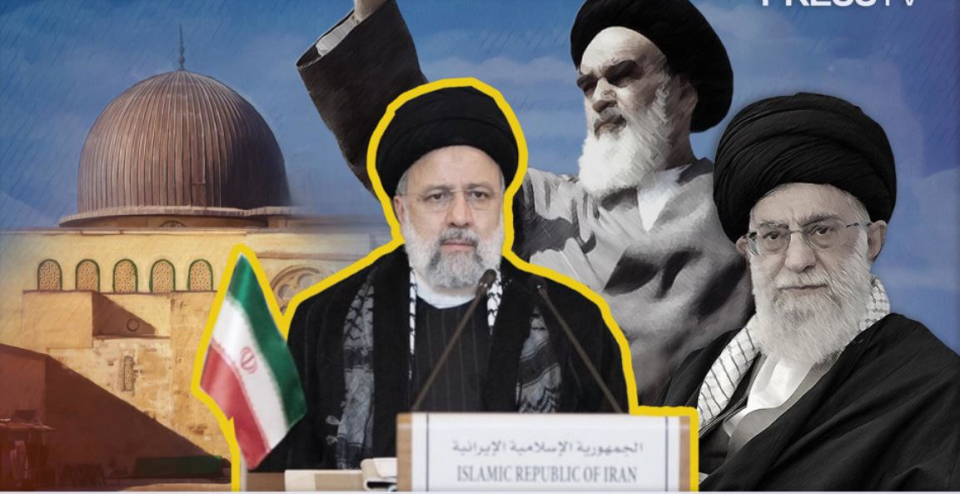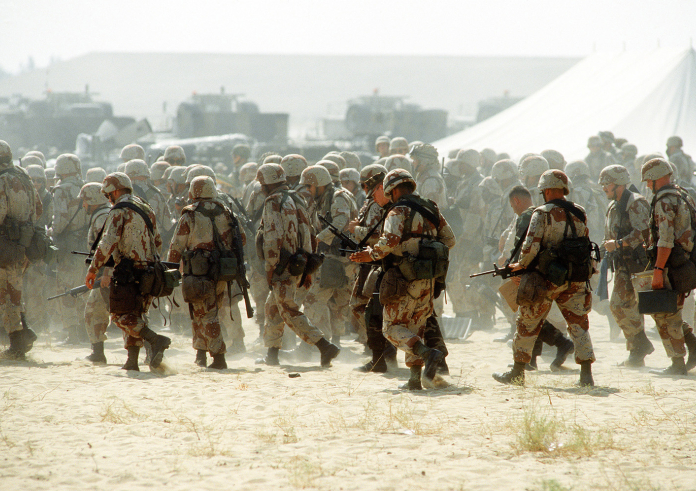Iran’s President Ebrahim Raiesi recently took part in the emergency meeting of the Organization of Islamic Cooperation (OIC) held in the Saudi capital Riyadh. The objective was to establish a common stance regarding the ongoing Israeli genocide in Palestine.
The summit, which brought together representatives from OIC’s 57 member states, assumed added significance by providing a forum for leaders of Muslim countries, despite the diverse political differences that exist among them.
In this regard, it is noteworthy to highlight the meeting between President Raiesi and Saudi Crown Prince, Mohammad bin Salman, marking the first high-level encounter between the two countries since the restoration of their diplomatic ties in March.
It is also relevant to highlight the meeting between President Raeisi and his Egyptian counterpart Abdel Fattah al-Sisi, bringing an end to 10 years of diplomatic hiatus between Iran and Egypt.
In the final statement, the leaders of the Muslim countries condemned the "Israeli aggression against the Gaza Strip and Zionist war crimes."
They also denounced the "barbaric, inhuman, and brutal massacres" perpetrated by the occupying regime against the Palestinian people, urging the United Nations Security Council to make "a decisive and binding decision" to end the carnage in Gaza.
Additionally, they called on the International Criminal Court (ICC) to investigate the war crimes and crimes against humanity committed by the Tel Aviv regime against the Palestinian population.
On his part, the Iranian president unequivocally condemned the genocide in Gaza and urged the international community to boycott the Zionist regime, which he referred to as the "illegitimate offspring of the United States."
From a political perspective, considering the public division between friends and foes, President Raeisi called for the OIC to become a true Ummatic organization that provides pragmatic political responses to the current situation in occupied Palestine.
This repoliticization of the OIC along ummatic lines implies its potential to articulate an autonomous Islamic identity capable of overcoming divisions created by the West between "good Muslims" and "bad Muslims," with the latter being represented in Western discourse by the Resistance Axis, a group of entities opposing Western political dominance in the Muslim world.
President Raeisi's call for action from other Islamic states to defend occupied Palestine highlights, on the one hand, the Ummatic will of the Islamic Republic and, on the other hand, the centrality of the Islamic Republic of Iran in this configuration.

















